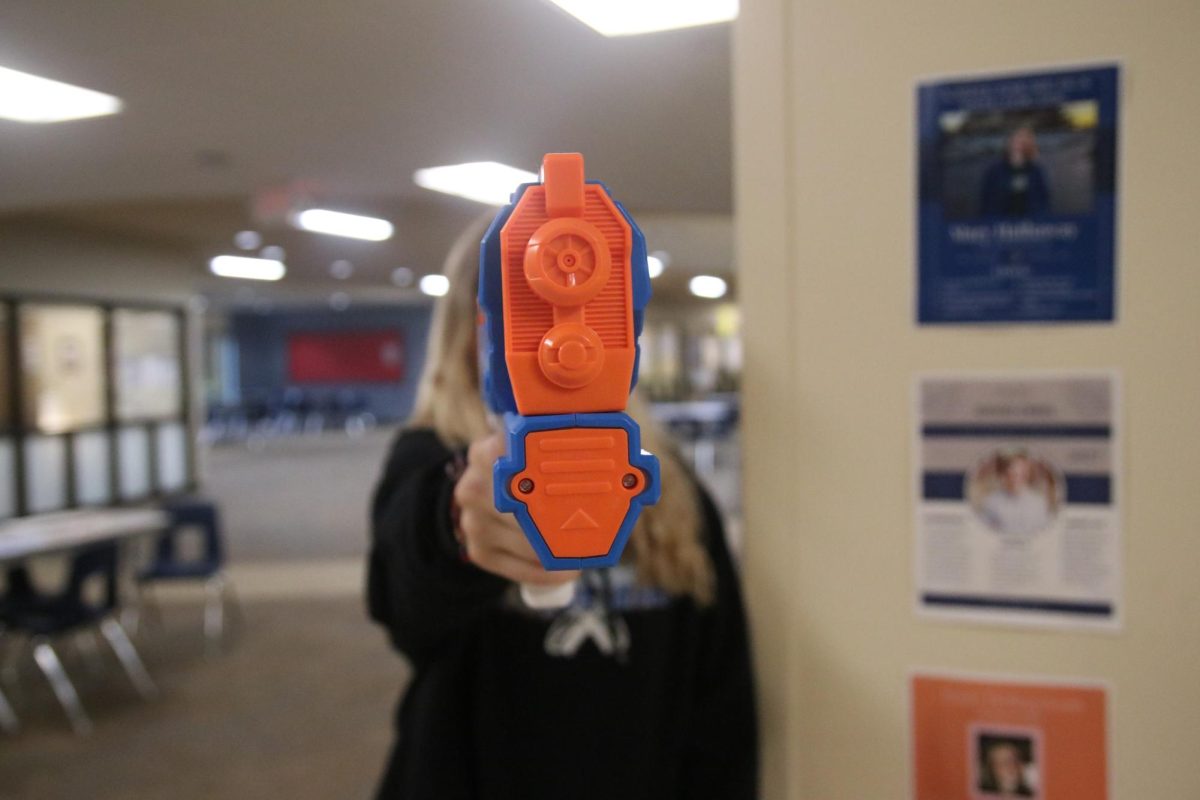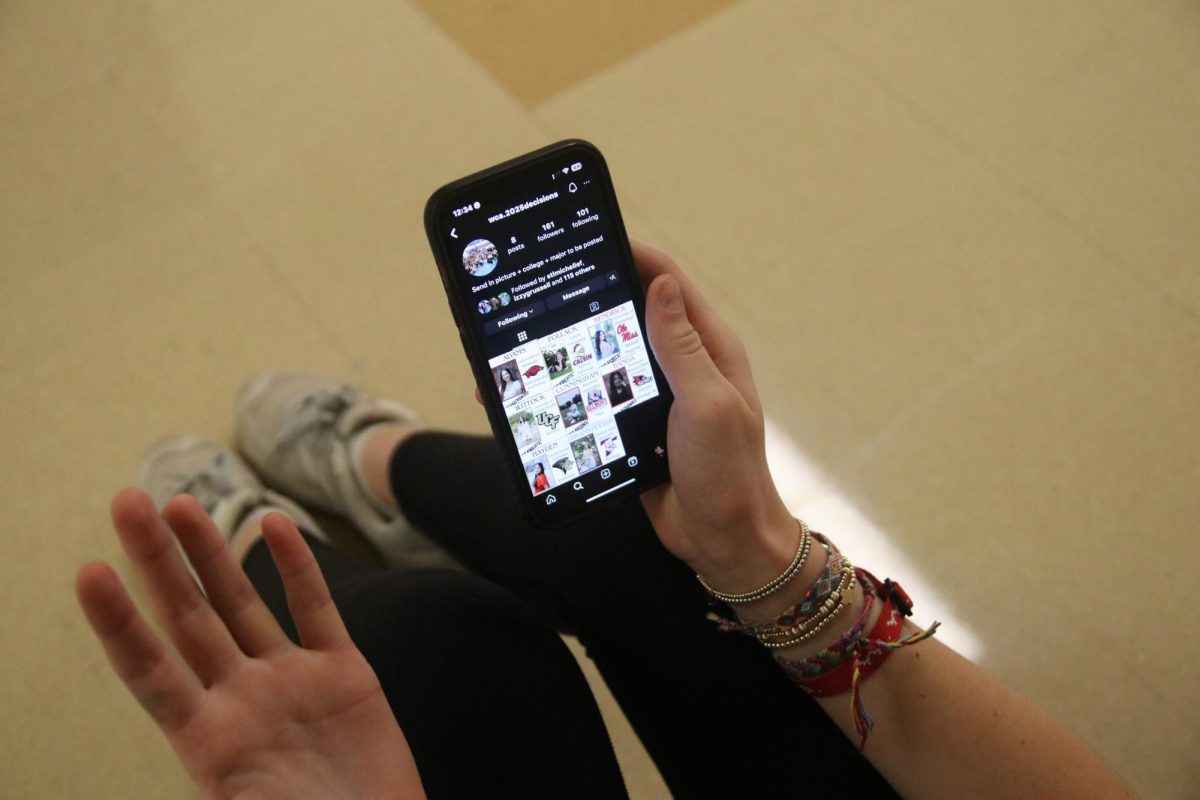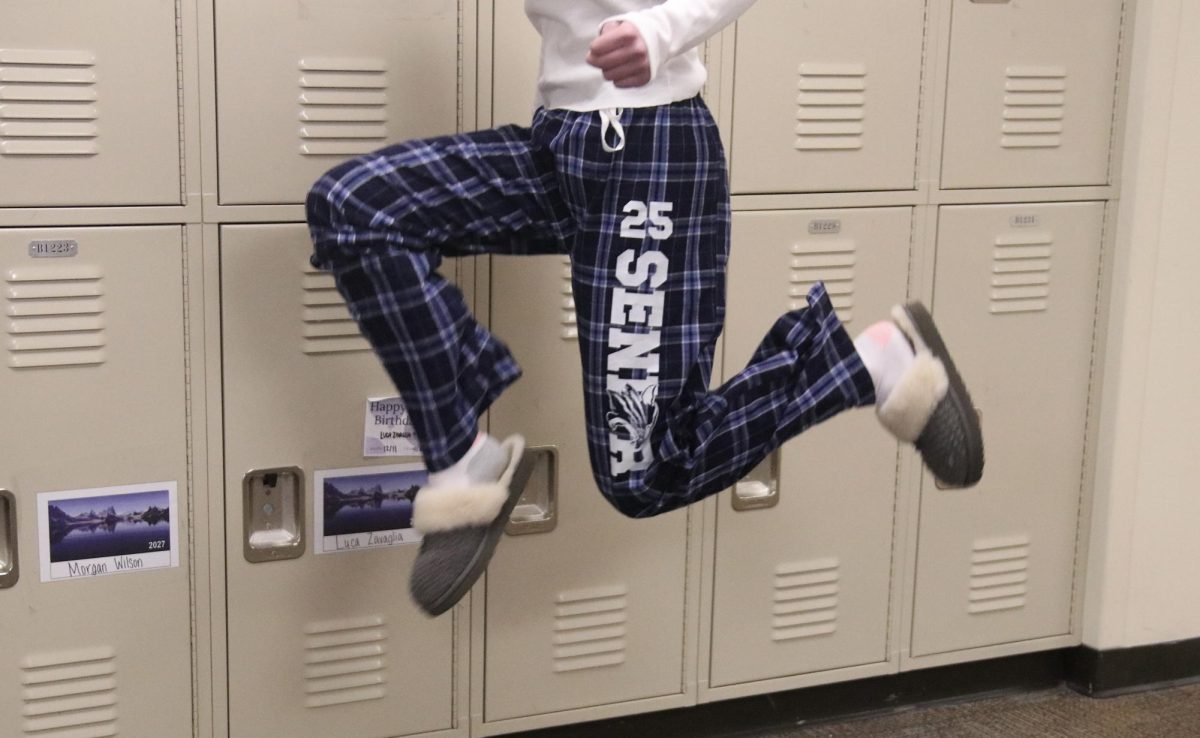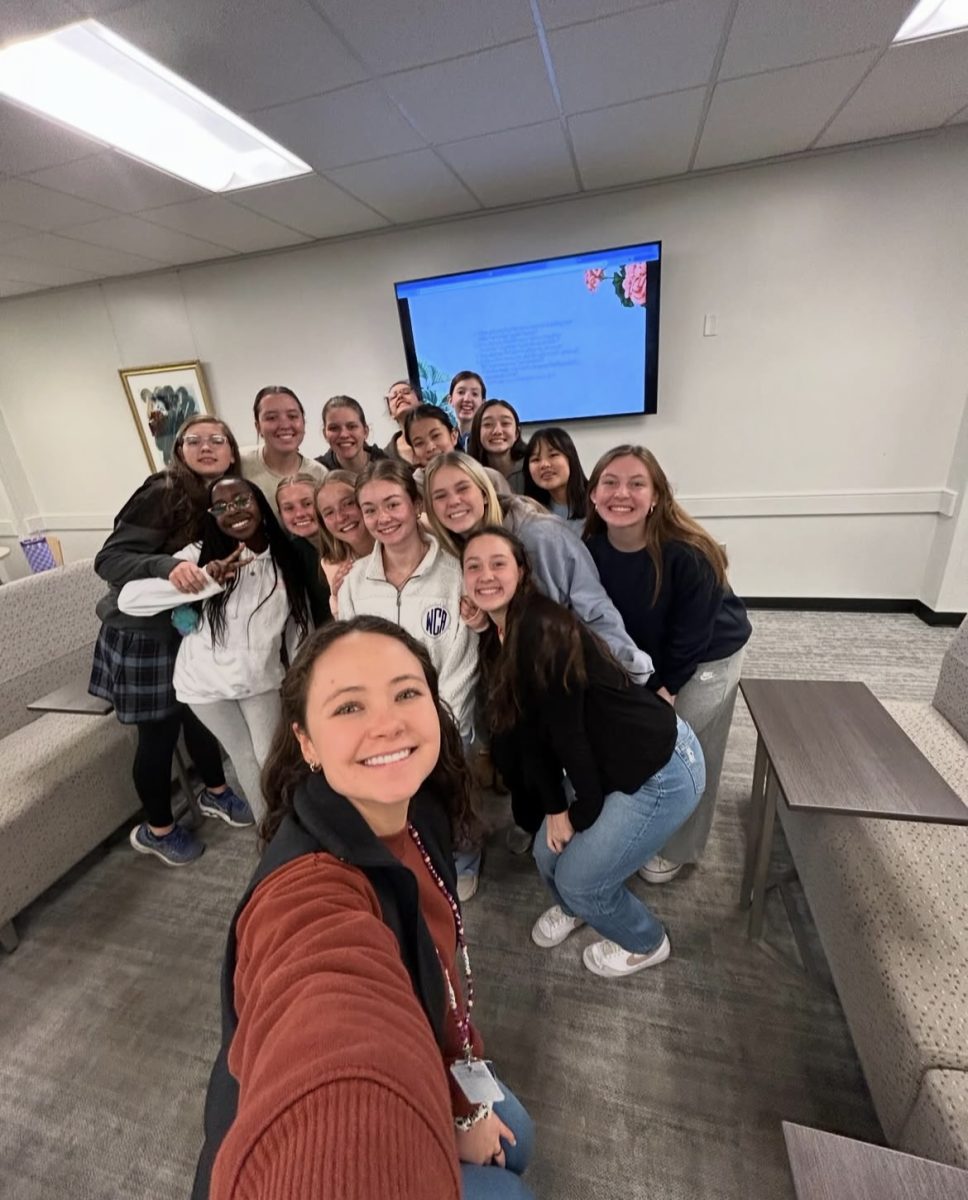Barbara Cascella, upper school biology teacher, has been using her knowledge of science to benefit not only students at Westminster through her teaching, but also others working to combat cancer through her research contributions at Washington University.
Recently, Cascella was published in the journal Biochemistry.
She originally wanted to study Multiple Sclerosis, but an opportunity in St. Louis drew her to her current research.
“I wanted to study Multiple Sclerosis because it was a disease that had taken my aunt’s life,” said Cascella.
When the opportunity of possibly doing research at Washington University presented itself, Cascella changed her mind and landed on the campus with some accomplished scientists in the world of cancer biology. In 2009, she first started her biochemistry research.
Her research involves studying enzymes that can help facilitate the process of creating cancer cells. Cancer is, in simple terms, the unregulated growth of bad cells, which can cause tumors.
“There wasn’t much known about this particular group of enzymes that was proposed to be involved in cancer biology,” said Cascella.
Cascella’s research was not an overnight success. There were bumps and mistakes, but those led to the best results.
“Throughout the past four years, I have made many mistakes in the lab, but those mistakes sometimes result in interesting findings! It was one such mistake that led us to the findings that were published recently,” said Cascella.
Recently the research yielded a piece of the cancer puzzle that helps scientists take one more small step toward the possibility of a cure for the disease.
“There are several large research groups in the world that study the same system I do, and the hope is that we can learn from each other and construct a deeper understanding of this group of enzymes and get closer to the solution,” said Cascella.
Cascella has liked science for as long as she was able to understand it, but the research she is in now is a new but intriguing interest.
“The project appealed to me because it seemed that there was an opportunity to define a piece of the complex puzzle that encompasses many different cancers, like brain, breast, and prostate cancer,” said Cascella.
Cascella recalls from an early age her love of science.
“Science and math were a bit of a relief because they seemed to come more naturally,” said Cascella.
Her desire to teach began in college and she has made the choice to navigate the challenge of being the best she can be at that job while also pursuing that which appeals to her as a biochemist.
“Since I began teaching at Westminster, my focus has been on the students and being the best teacher for them as possible,” said Cascella.
The research success helps her in the classroom by giving her a platform from which to encourage her students. While she is reading and researching to find another piece of the puzzle she is also working to show people just how fun and rewarding her field is.
“More than anything, I hope to convince at least one student to pursue a future in research science. It’s a wonderfully challenging and fulfilling academic path,” said Cascella.









